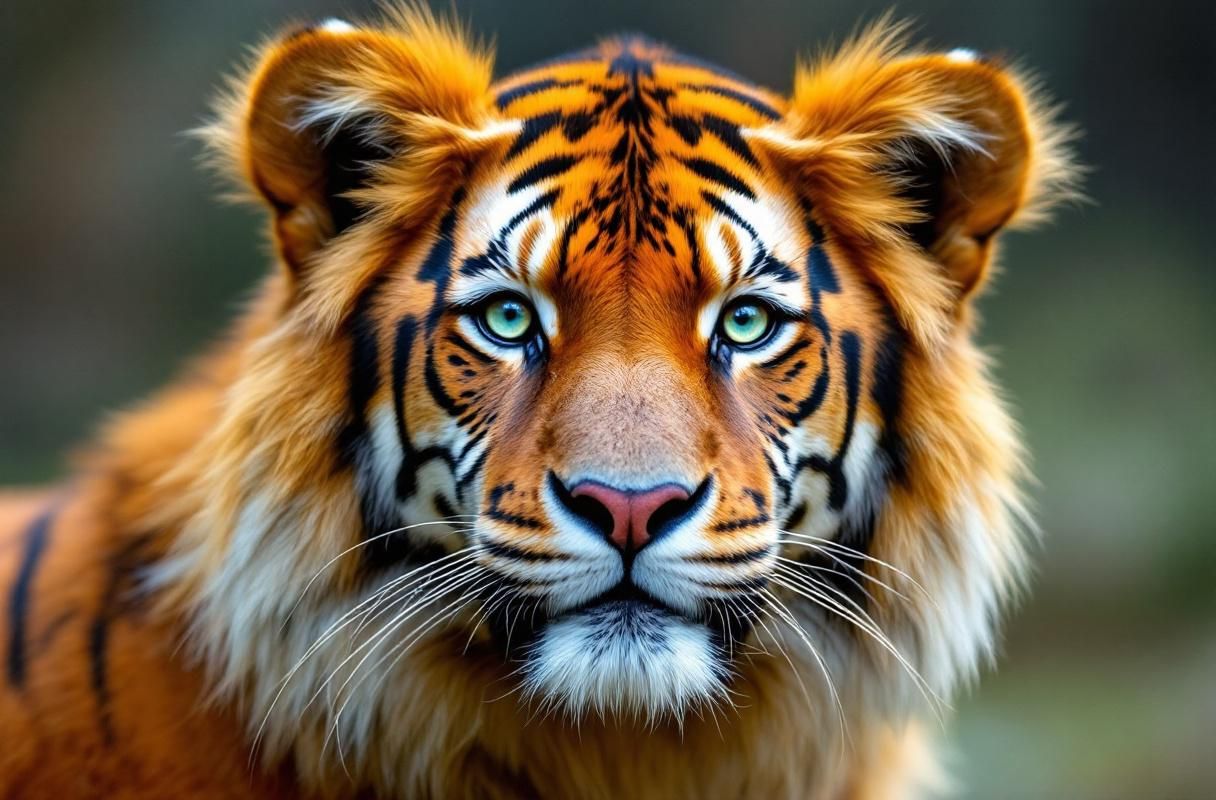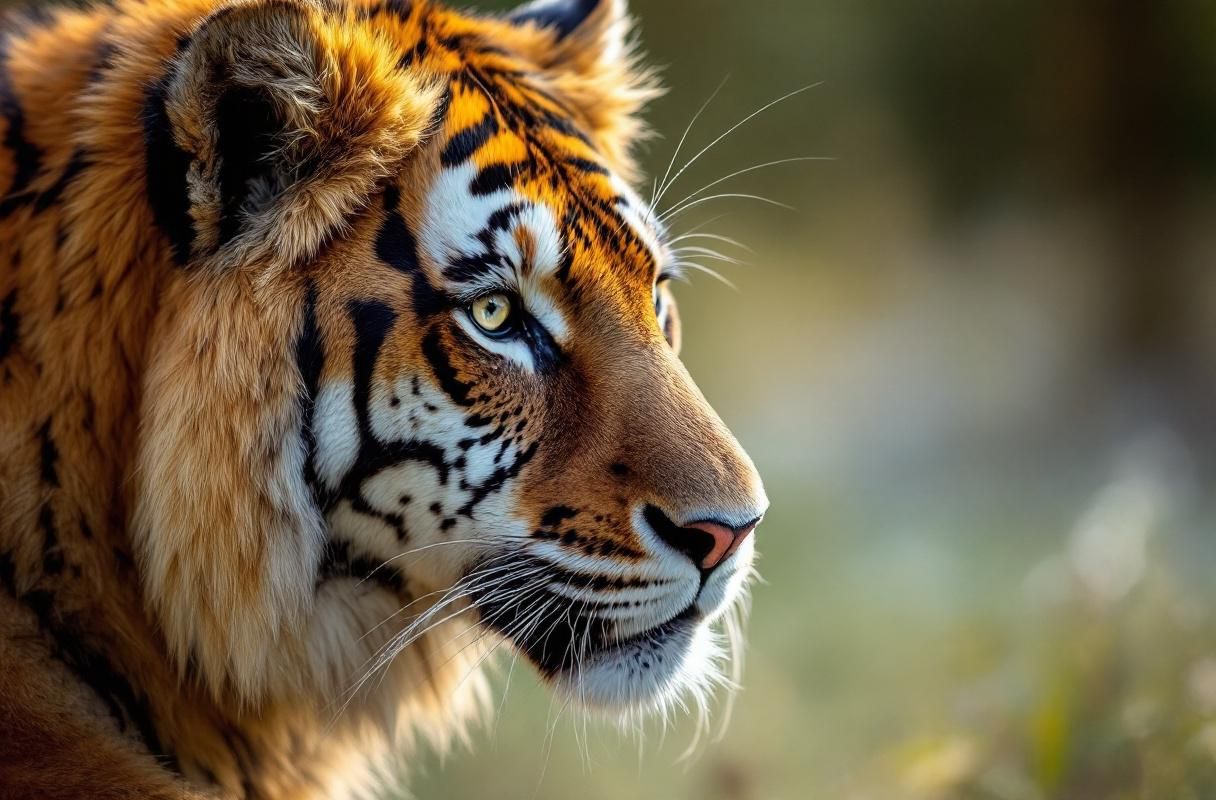
Have you ever stumbled upon a creature that made you question the boundaries of nature? Did you know that there are animals on this planet so extraordinary that they seem to belong in a fantasy novel? This article delves into the realm of Amazing Animals, showcasing ten incredible species that exist in the wild, each with unique traits that defy conventional expectations. From the depths of the ocean to the dense jungles, these wildlife wonders captivate the imagination and highlight the diversity of life on Earth.

In addition to exploring these Amazing Animals, we will discuss how to care for exotic pets, the critical impact of endangered species on ecosystems, and how understanding animal behavior can enhance your relationship with pets. Join us on this fascinating journey into the world of wildlife and learn about the remarkable creatures that share our planet.
Amazing Animals refer to a diverse array of species that exhibit unique characteristics, behaviors, or adaptations that set them apart from the more commonly known fauna. These creatures often possess extraordinary features, such as vibrant colors, unusual shapes, or remarkable survival strategies. For instance, the axolotl, a type of salamander, can regenerate its limbs, while the mimic octopus can impersonate other marine animals to evade predators.

These Amazing Animals matter not only for their intrinsic value but also for their contributions to biodiversity. Every species plays a role in maintaining ecosystem balance, and their existence can provide insights into evolutionary biology, conservation efforts, and ecological health.
Understanding Amazing Animals is crucial for several reasons. First, they serve as indicators of environmental health. The presence or absence of specific species can signal changes in ecosystems, providing early warnings about ecological shifts. Second, these animals can inspire conservation efforts. By highlighting the unique traits of endangered species, we can foster a deeper appreciation for biodiversity and motivate action to protect these wildlife wonders.
Engaging with Amazing Animals can offer numerous benefits. Learning about these unique creatures enhances our understanding of animal behavior and adaptation, which can inform conservation strategies. Additionally, exposure to exotic species can enrich our lives and encourage responsible pet ownership. By appreciating the complexities of wildlife, we cultivate a sense of stewardship towards the natural world.
To embrace wildlife wonders, individuals and communities can participate in eco-tourism, wildlife photography, and conservation volunteering. Engaging in these activities allows people to experience Amazing Animals in their natural habitats while supporting conservation efforts. Additionally, promoting awareness through social media and local events can help others appreciate the importance of protecting these species.

Another effective way to implement wildlife wonders is through education. Schools and educational institutions can incorporate wildlife studies into their curriculums, teaching students about the importance of biodiversity and conservation. Workshops and seminars can also be organized to raise awareness about specific Amazing Animals and the threats they face.
One common mistake people make is underestimating the importance of habitat preservation. Many Amazing Animals are endangered due to habitat loss caused by urbanization, pollution, and climate change. Failing to recognize this can lead to a lack of support for conservation initiatives. Additionally, there is often a tendency to exoticize wildlife, which can result in unrealistic expectations about their behavior and care needs when kept as pets.
Experts recommend supporting organizations that focus on wildlife conservation, such as the World Wildlife Fund or local wildlife rescues. These organizations often provide resources and volunteer opportunities that can help individuals make a tangible impact. Furthermore, adopting sustainable practices in daily life, such as reducing plastic use and supporting eco-friendly products, can contribute to the preservation of wildlife habitats.
To appreciate unique creatures, it is essential to engage in responsible wildlife observation. This involves respecting their habitats and observing them from a distance to minimize stress on the animals. Additionally, individuals can participate in citizen science projects, which often involve documenting sightings of unique species and contributing to valuable data for researchers.
Another way to implement a focus on unique creatures is through fostering an appreciation for biodiversity in local communities. Organizing nature walks, workshops, and educational programs can help spread awareness and enthusiasm for these remarkable animals.
A common mistake in appreciating unique creatures is the misconception that they can easily be domesticated. Many exotic species have specialized care requirements that cannot be met in a typical household environment. This can lead to health issues for the animals and frustration for owners who may not understand their needs. Moreover, it is crucial to avoid the illegal wildlife trade, which threatens many unique species and disrupts ecosystems.
When considering keeping unique creatures as pets, thorough research is essential. Potential pet owners should consult with veterinarians and exotic animal specialists to ensure they can meet the animals' needs. Additionally, supporting ethical breeders and rescue organizations can help ensure that the animals are sourced responsibly.
Understanding animal facts is fundamental to fostering a deeper connection with wildlife. This can be achieved through engaging educational resources such as books, documentaries, and online courses. By learning about the behaviors, habitats, and conservation statuses of various species, individuals can become informed advocates for wildlife.
Incorporating animal facts into school curriculums can also enhance students' knowledge and appreciation of biodiversity. Interactive learning experiences, such as field trips to wildlife sanctuaries or participation in conservation projects, can further enrich this understanding.
One of the most prevalent mistakes when discussing animal facts is oversimplifying complex behaviors and adaptations. Many people may attribute human-like emotions and motivations to animals, which can lead to misunderstandings about their needs and behaviors. Additionally, misinformation can spread easily through social media, leading to misconceptions about various species.
To avoid misinformation, individuals should rely on credible sources for animal facts. Scientific journals, reputable wildlife organizations, and educational institutions can provide accurate and up-to-date information. Engaging with wildlife experts through lectures and Q&A sessions can also offer insights into lesser-known animal behaviors and adaptations.
In summary, the world of Amazing Animals is filled with extraordinary creatures that inspire awe and curiosity. By understanding the significance of these wildlife wonders, we can foster a deeper appreciation for biodiversity and the need for conservation. Implementing best practices to engage with unique creatures and learn animal facts can enhance our connection to the natural world and promote responsible stewardship.
Take action on the insights learned in this article. Explore local wildlife, support conservation initiatives, and educate yourself and others about the fascinating fauna that inhabit our planet. Together, we can make a difference in preserving these Amazing Animals for future generations.
Get free resources, early access to new features and updates.
No spam. Just fun educational emails!